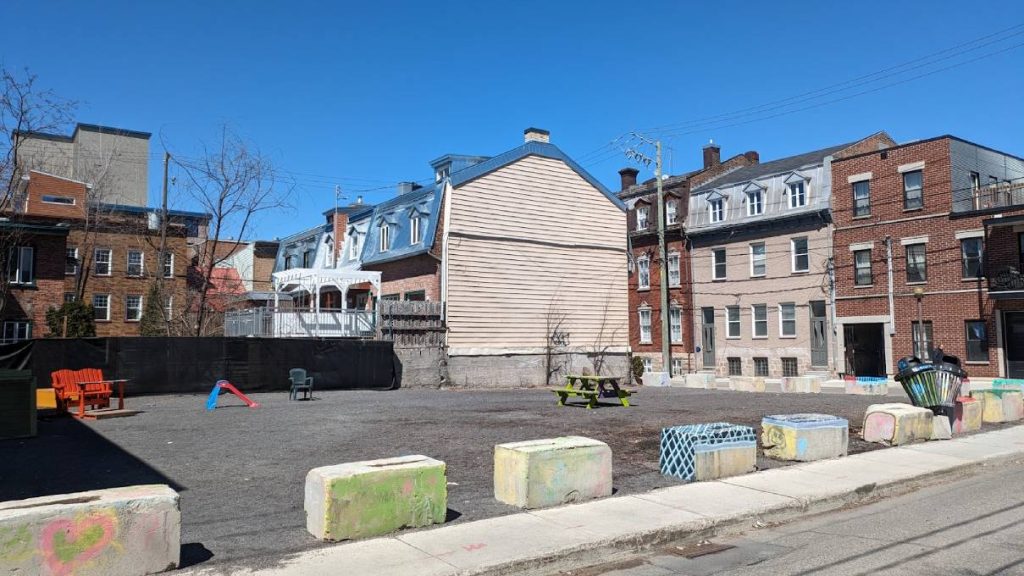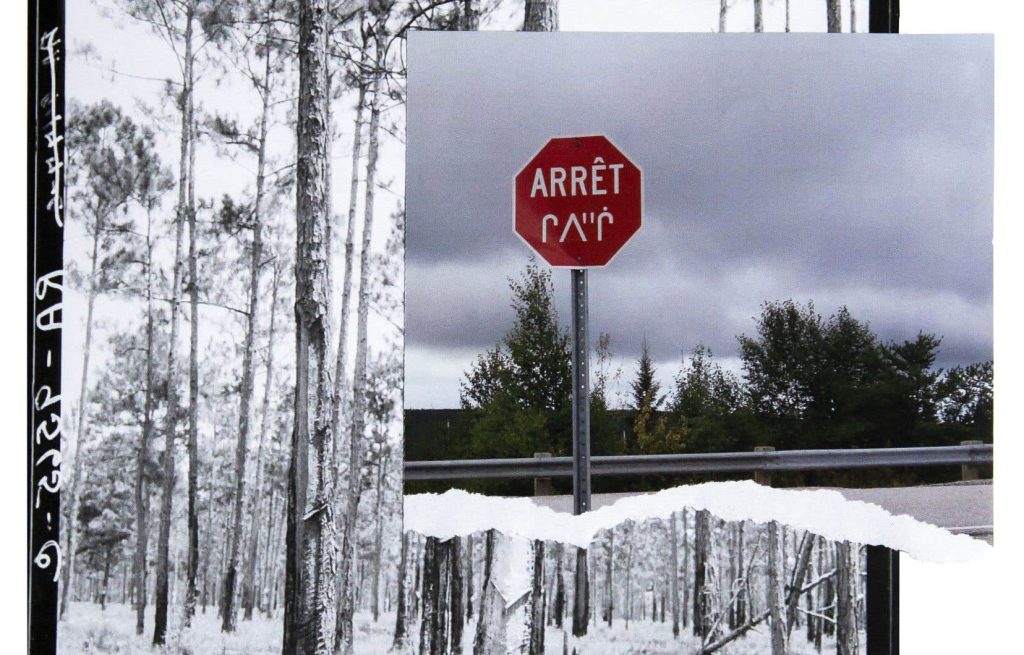This text is part of the State of Quebec 2023 special report
Long devalued by colonial regimes around the world, indigenous knowledge systems are essential for climate-resilient development and for the protection and restoration of biodiversity. In this excerpt from a text published in Quebec State 202In Figure 3, the authors defend indigenous peoples’ self-determination as a prerequisite for a just and equitable climate transition.
Indigenous knowledge can influence the way climate change risks are understood and experienced, enable the development of solutions based on local experiences and foster the development of management systems that respond to the expectations and priorities of their communities. Indeed, the UN’s Intergovernmental Panel on Climate Change (IPCC) report highlights the potential of Indigenous knowledge to transform the process of assessing scientific, technical and socio-economic evidence, as well as revealing “new discoveries that may still be unknown to the scientific world, but are known to societies for thousands of years.” To this end, many Indigenous organizations around the world must regularly warn against Western science’s appropriation of Indigenous knowledge at the expense of Indigenous self-determination in matters of climate change. The context in which achieving reconciliation efforts with them would be difficult, if not impossible.
Although indigenous peoples have assumed the role of guardians for thousands of years, as evidenced by the fact that 80% of the world’s biodiversity is found in traditional indigenous lands, they are particularly vulnerable to the adverse effects of climate change. However, the unequal power dynamics inherent in colonialism and neo-extractivism have long devalued indigenous knowledge systems and practices. They excluded indigenous participation from the decision-making process that concerned them (the participation of women, in particular, by imposing policies that excluded them, for example in Canada) and criminalized movements for self-determination struggles. To this end, Indigenous activists, Aboriginal rights groups, and the environment were placed under close surveillance and their protests designated as threats and “civil unrest” by the Canadian government of Stephen Harper, on behalf of national security.
Climate justice initiatives explicitly address these multidimensional distribution issues in the context of climate change adaptation. However, coping strategies can lead to deepening social inequalities, particularly between the sexes, unless clear efforts are made to change unequal power dynamics, including creating spaces to promote inclusive decision-making. Using indigenous knowledge can help overcome the common challenges of climate change and biodiversity conservation and can help defend people’s right to live fulfilling lives. Furthermore, the contribution of indigenous peoples to ideas and solutions to the socio-climatic crisis is key. The petition to the Inter-American Commission on Human Rights (IACHR) seeking redress for human rights violations resulting from the effects of climate change, filed by Sheila Watt-Clutier in 2005, established the critical link between climate change and human rights and the universe. In 2010, the Global People’s Conference on Climate Change and the Rights of Mother Earth highlighted the need to respect indigenous peoples’ sovereignty and their right to free consent, prior to their right to information, as key elements in combating the climate emergency. Born in November 2012 under the leadership of three Indigenous women and one non-Indigenous woman, the Idle No More movement is challenging the Canadian government’s sweeping Act C-45 that would undermine consultation rights, weaken river protection and undermine the environmental assessment process for which the government must Usually submitted to the development of the territory. The movement, which resonates even internationally, has helped galvanize the indigenous community around reflections on environmental stability as a condition for social stability and the role of indigenous peoples in designing, managing and monitoring initiatives related to conservation and climate transformation.
About the authors:
Ioana Radu and Susie BasilProfessors at the School of Indigenous Studies at the University of Quebec in Abitibi-Temiscaming
This special content was produced by the Special Publications team of Shouldrelated to marketing. editing Should did not participate.
Let’s see in the video

“Music guru. Incurable web practitioner. Thinker. Lifelong zombie junkie. Tv buff. Typical organizer. Evil beer scholar.”







More Stories
Espace du Parvis becomes Parc des Pékans
Why do leafhoppers reflect little light?
Bacteria brought into space mutated and became stronger on board the International Space Station, study finds